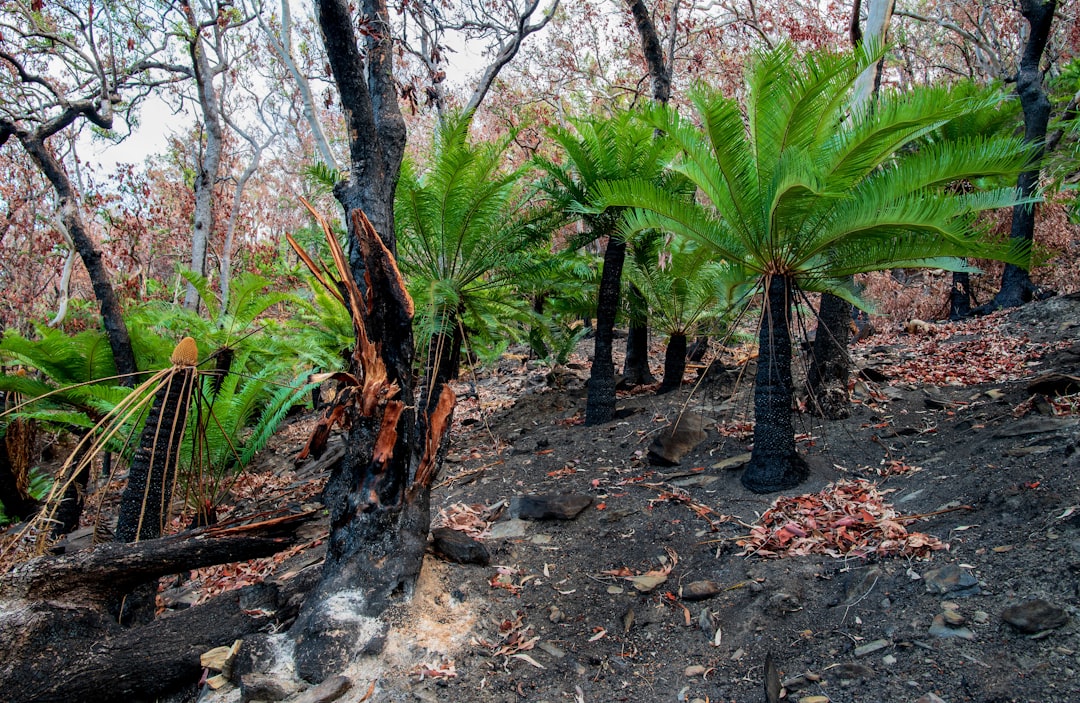Ramblings About Resilience
#94 Bouncing Back After Hard Times

Life was going well. By choice, we were still working, our family was close, and we were healthy. Then adversity struck! Dan, my husband of 60 years, had emergency surgery. While his body recovered, his memory never did. Almost overnight, he lost his capacity to think clearly. He got lost easily, didn’t remember how to do his job, and made poor decisions. Then the pandemic arrived, and he died from complications of COVID while in a memory care facility. Unprepared and resisting, I become the head of the house. These were hard times for me - for us.
I know that people face all kinds of adversity from personal crises such as illness, loss of a loved one, and financial instability to the shared reality of tragic events such as terrorist attacks, mass shootings, and natural disasters.
I’ve been through several crises, but never so many at the same time. They said, “you needed to bounce back - to be resilient.” How could I possibly bounce back from six years of stress, adversity, and trauma?
The American Psychological Association says that resilience is
the process and outcome of successfully adapting to challenging life experiences, primarily through mental, emotional, and behavioral flexibility and adjustment to external and internal demands.
Resilience is more than surviving the immediate circumstances, though. It’s also adapting and coping in ways that enable a person to emerge stronger, thrive in the aftermath, and integrate the lessons learned. In other words, resilience is finding ways to move forward.
So, the challenge was to figure out how to do that. Not surprisingly, the internet offered a wealth of information.
The American Psychological Association says, “Several factors contribute to how well people adapt to adversity, including,
how they view and engage with the world
the availability and quality of social resources
specific coping strategies.”
If that had been a test, I’d have failed. I had no confidence in my ability to manage the arising difficulties. I was unaware of retirement communities, assisted living facilities, or hospices. I had no coping strategies for getting someone to the doctor who refused to go or stopping that person from driving when he was no longer a safe driver.
Dr. Amit Sood, the Executive Director and CEO of the Global Center for Resiliency and Wellbeing and The GRIT Institute suggests that the principles of gratitude, compassion, acceptance, meaning, and forgiveness can help build resiliency. That didn’t quite work for me.
True, I’m eternally grateful for our shared life together, and indeed, I’ve developed compassion for others experiencing similar circumstances. But my life’s meaning or purpose - raising a family and caring for my husband - was gone. I had a tough time accepting my current situation, and what’s to forgive? He didn’t ask for this disease.
A better fit was the article 5 Pillars of Resilience. The Feeling Good website says
By strengthening the following pillars, we, in turn, become more resilient. Instead of experiencing an overwhelming downward spiral when we encounter stress in our lives, they work together to lift us out of the chaos we are feeling.
The pillars are
Self-Awareness includes knowing one’s strengths, weaknesses, thoughts, beliefs, motivation, and emotions.
Purpose helps shape people’s mindsets and attitudes toward others and the events they experience
Mindfulness includes observing one’s thoughts and feelings from a distance without judging them as good or bad.
Positive Relationships are the deep experience of having connections with other people - and pets.
Self-care requires active engagement and is developed and maintained by each individual.
This video offered specific guidelines. Take a look.
Today. I’m focusing on being proactive, changing and controlling what I can, identifying what I’m grateful for, and seeking challenges - with the rest being incorporated soon - hopefully.
Being more resilient six years ago would have been helpful, but here we are. The trauma of those years defined who I am today. It forced me to dig deep within myself, develop the resilience to move forward, and find ways to age well.
FOOD FOR THOUGHT:
Two articles worthy of consideration are:
On the Usefulness of Older People - In my pursuit to age well, I picked up three of the author’s suggestions: staying active, being a life-long learner, and pausing but not stopping.
Is Aging a Disease? - I don’t think aging is a disease, but I do believe disease occurs as people age and don’t take care of themselves earlier in life.



Hi Judy, It takes time and hard work . . . but in the long run, I think, it was worth the effort. Take care.
Thank you for sharing your story. Love the 5 pillars of resilience! They ring true for me. I am actually reading a book right now, "Ageless Body, Timeless Mind" by Deepak Chopra, which speaks to your point about aging not being a disease but a reflection of how we (do or don't) take care of ourselves and our stress. Love the timing of this article!